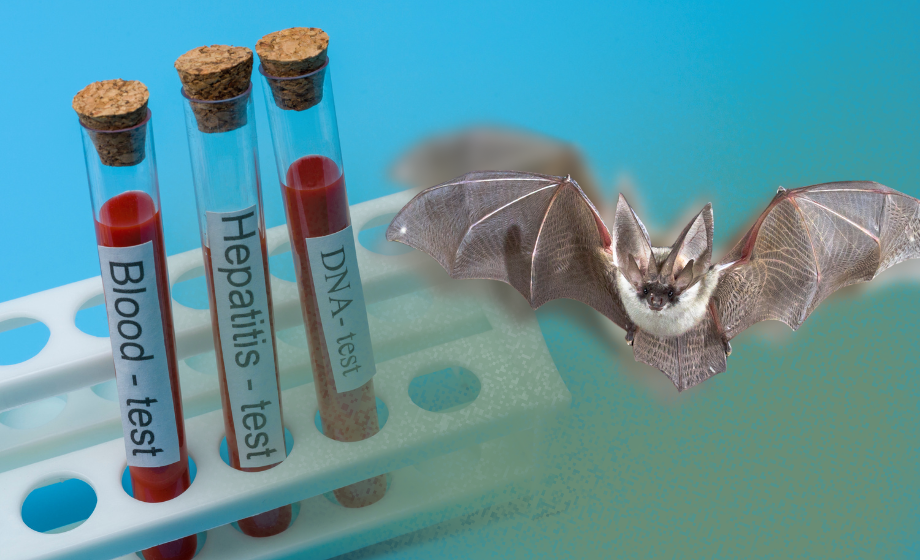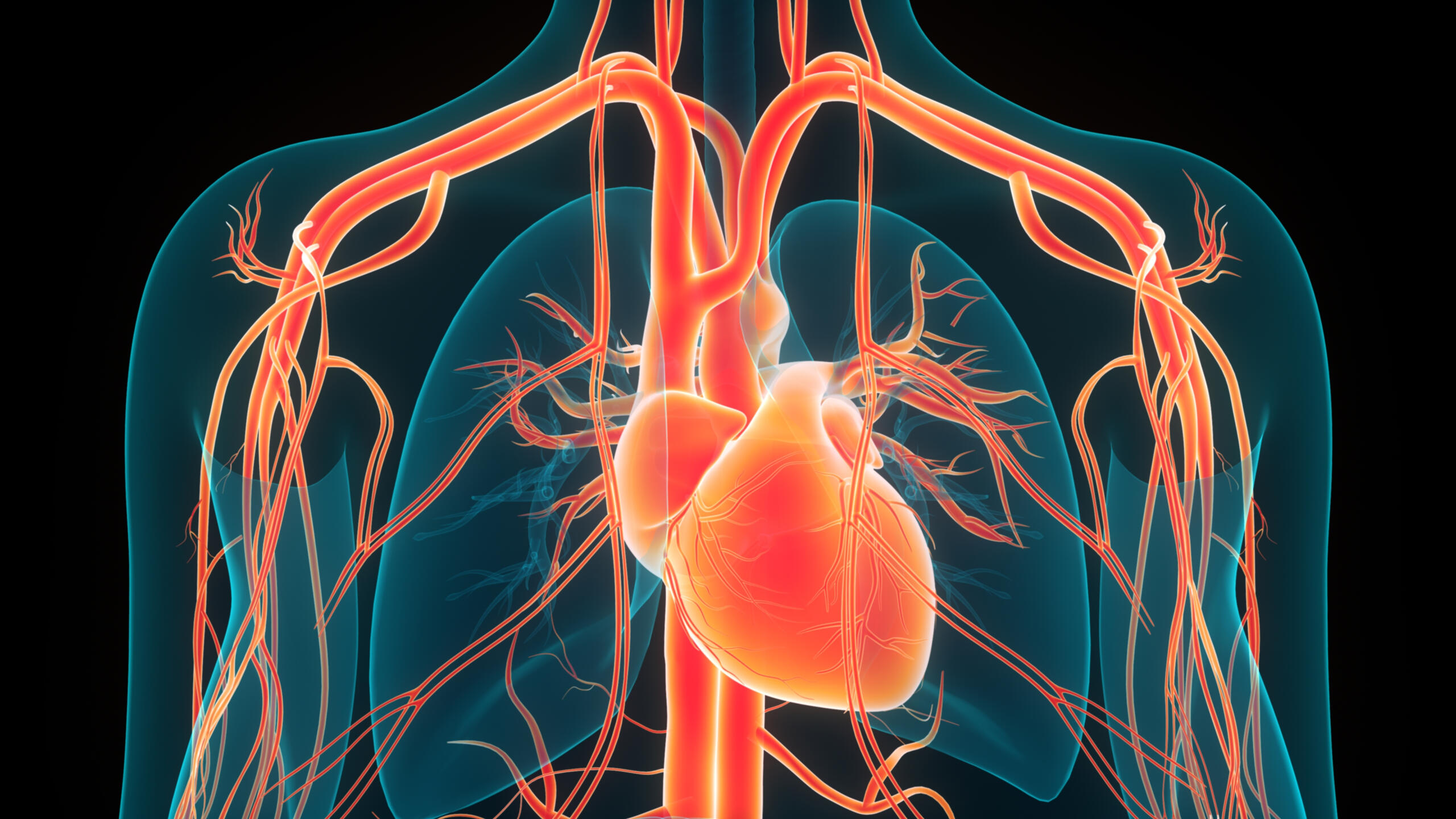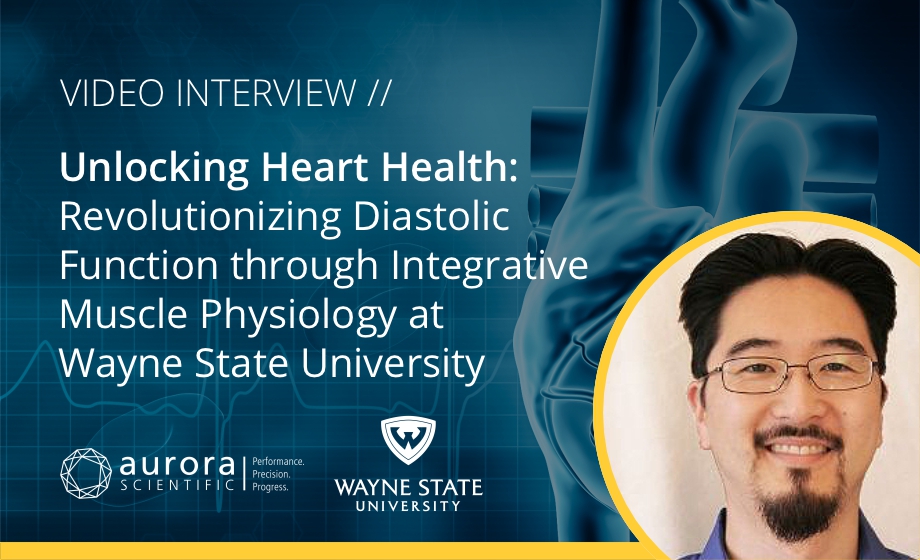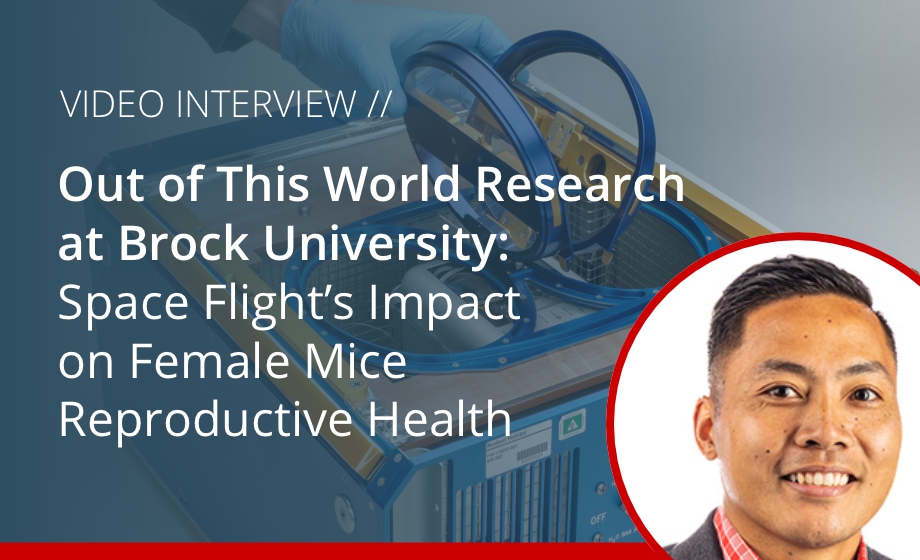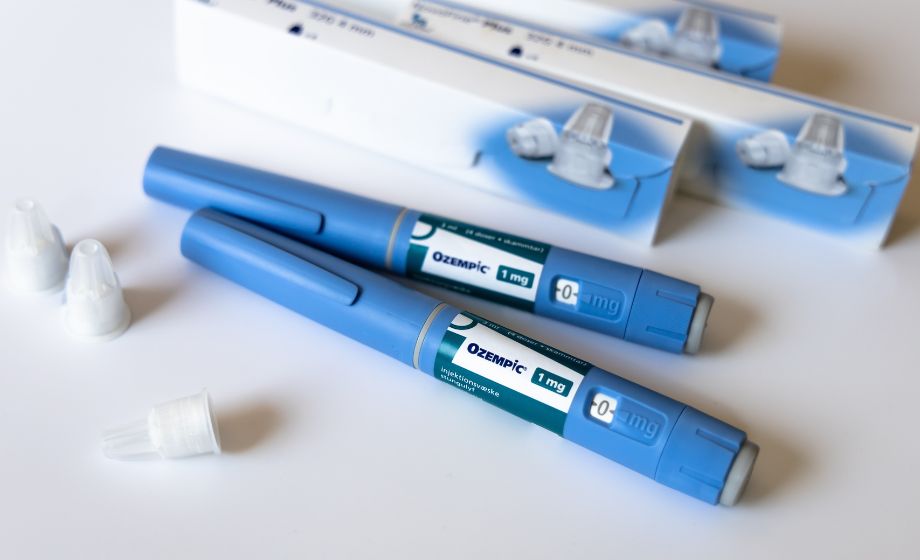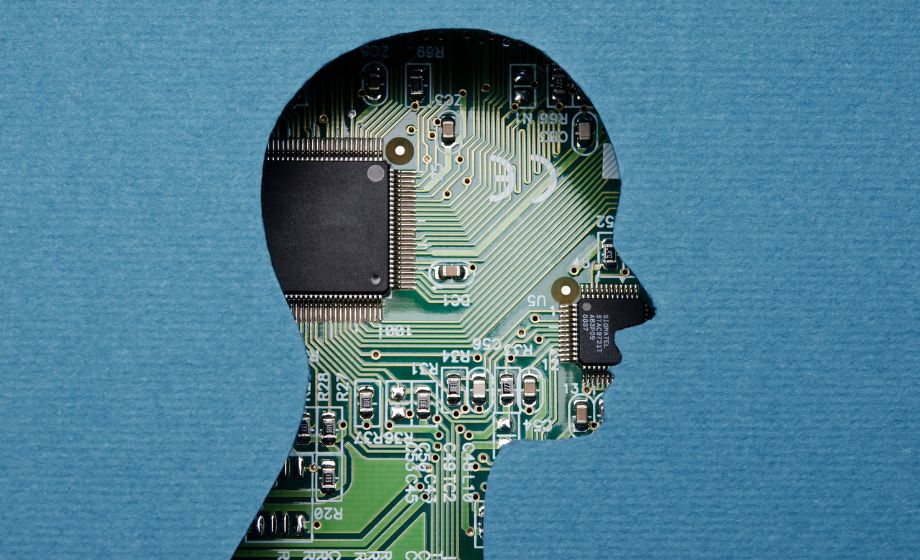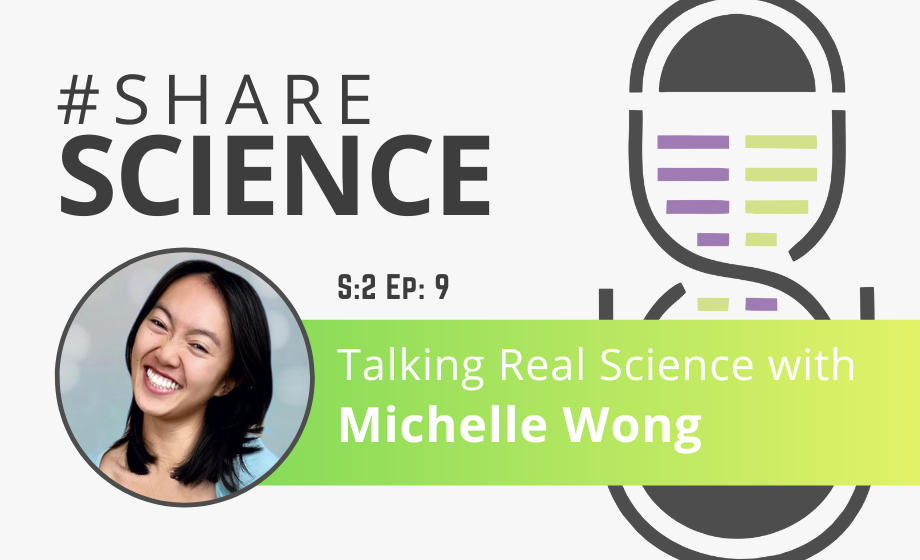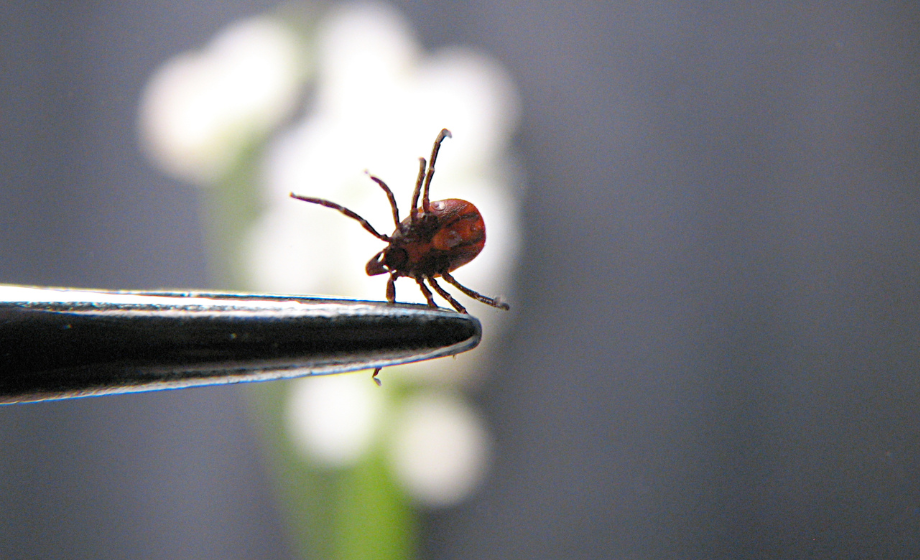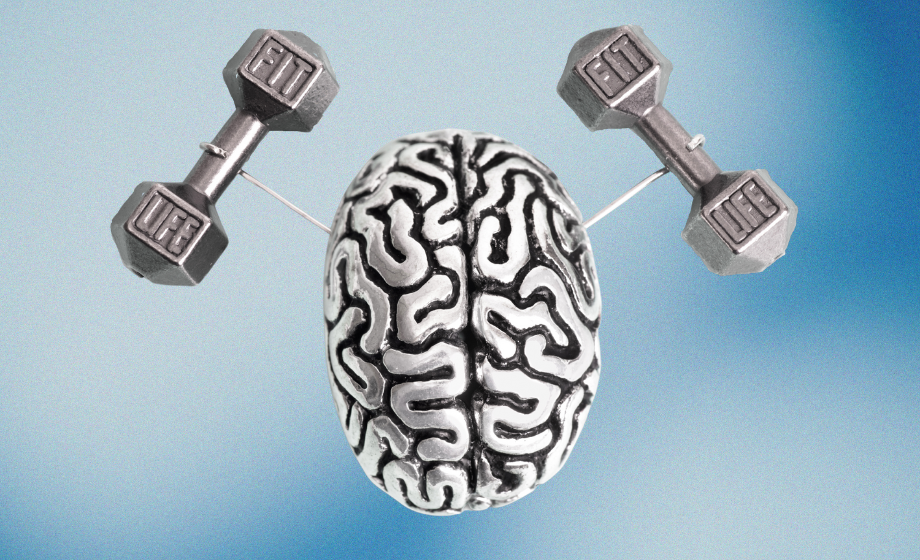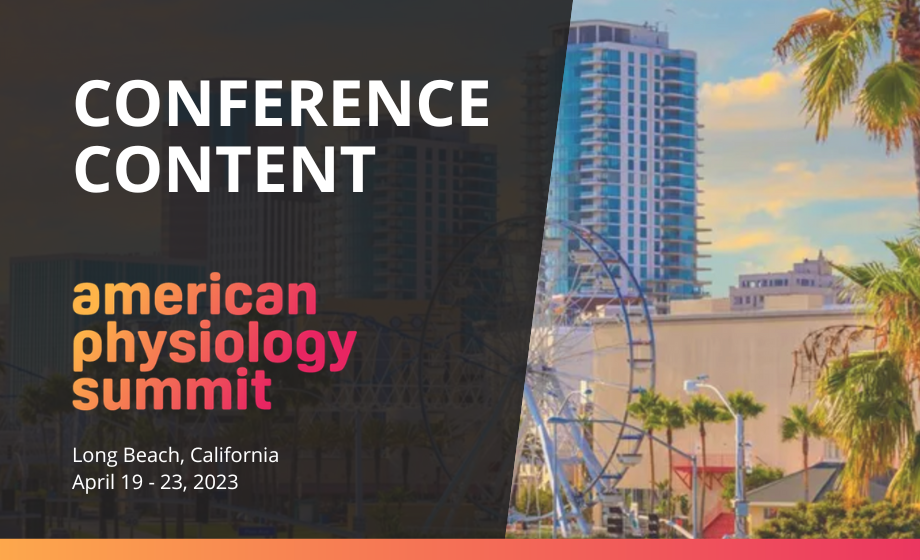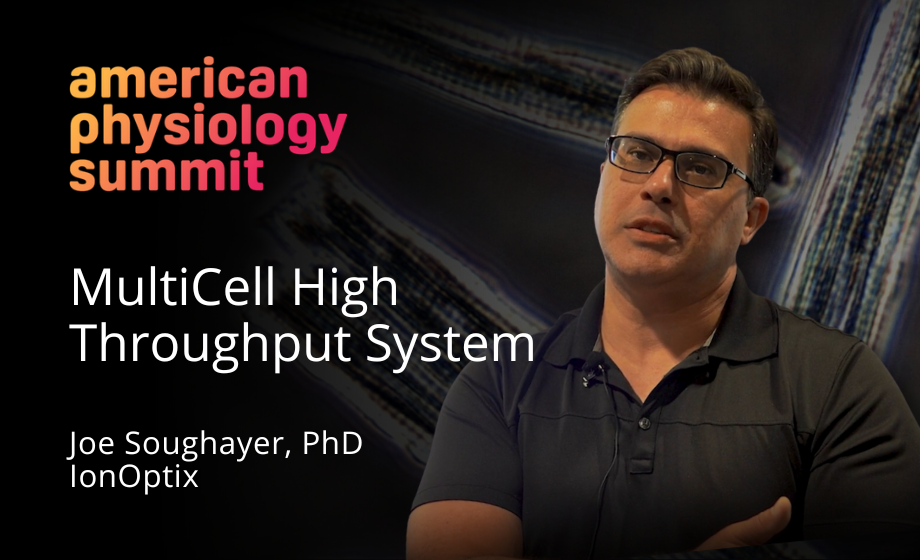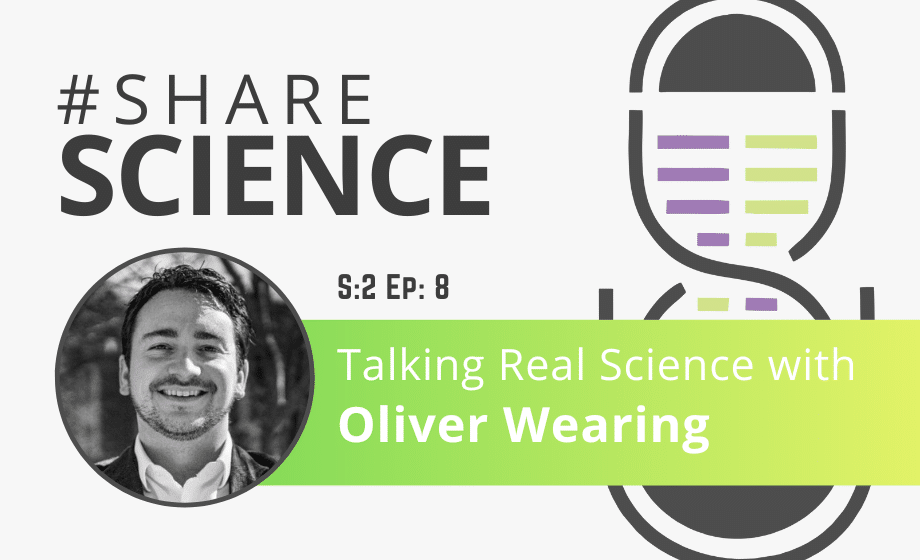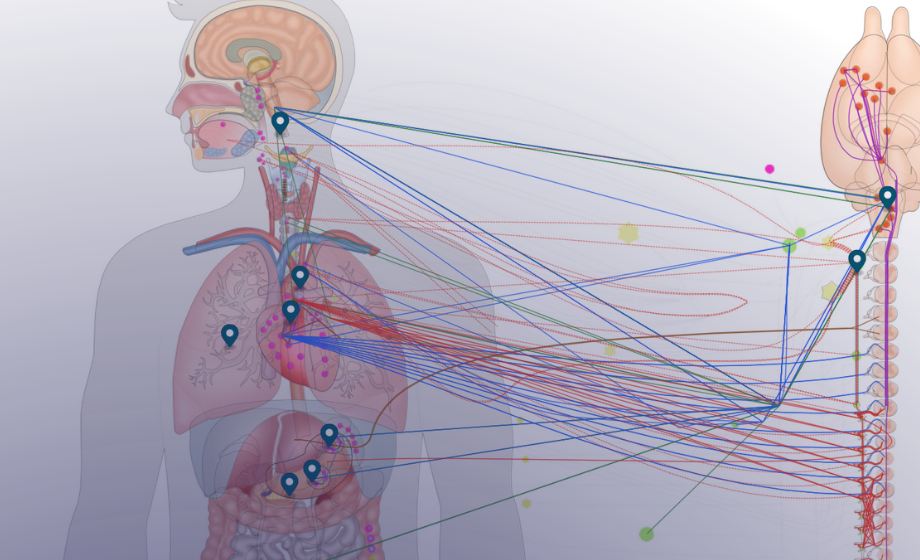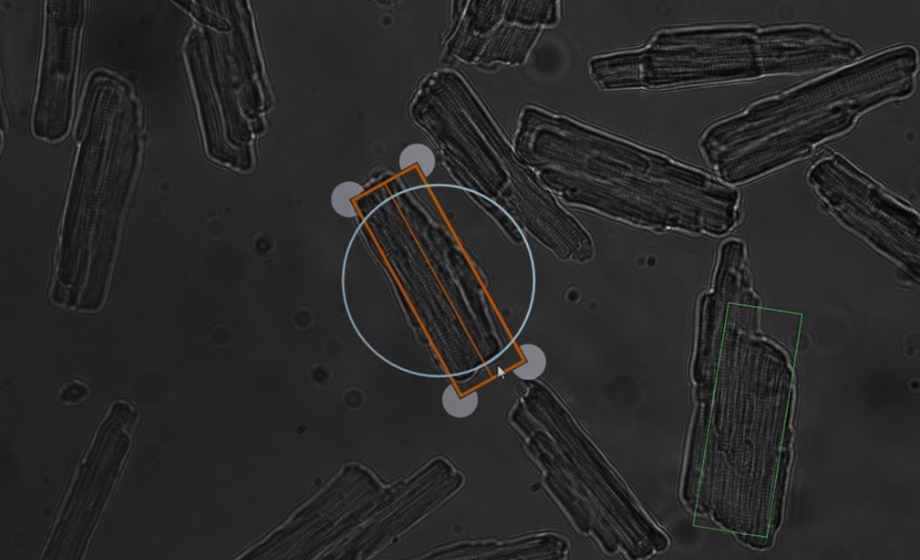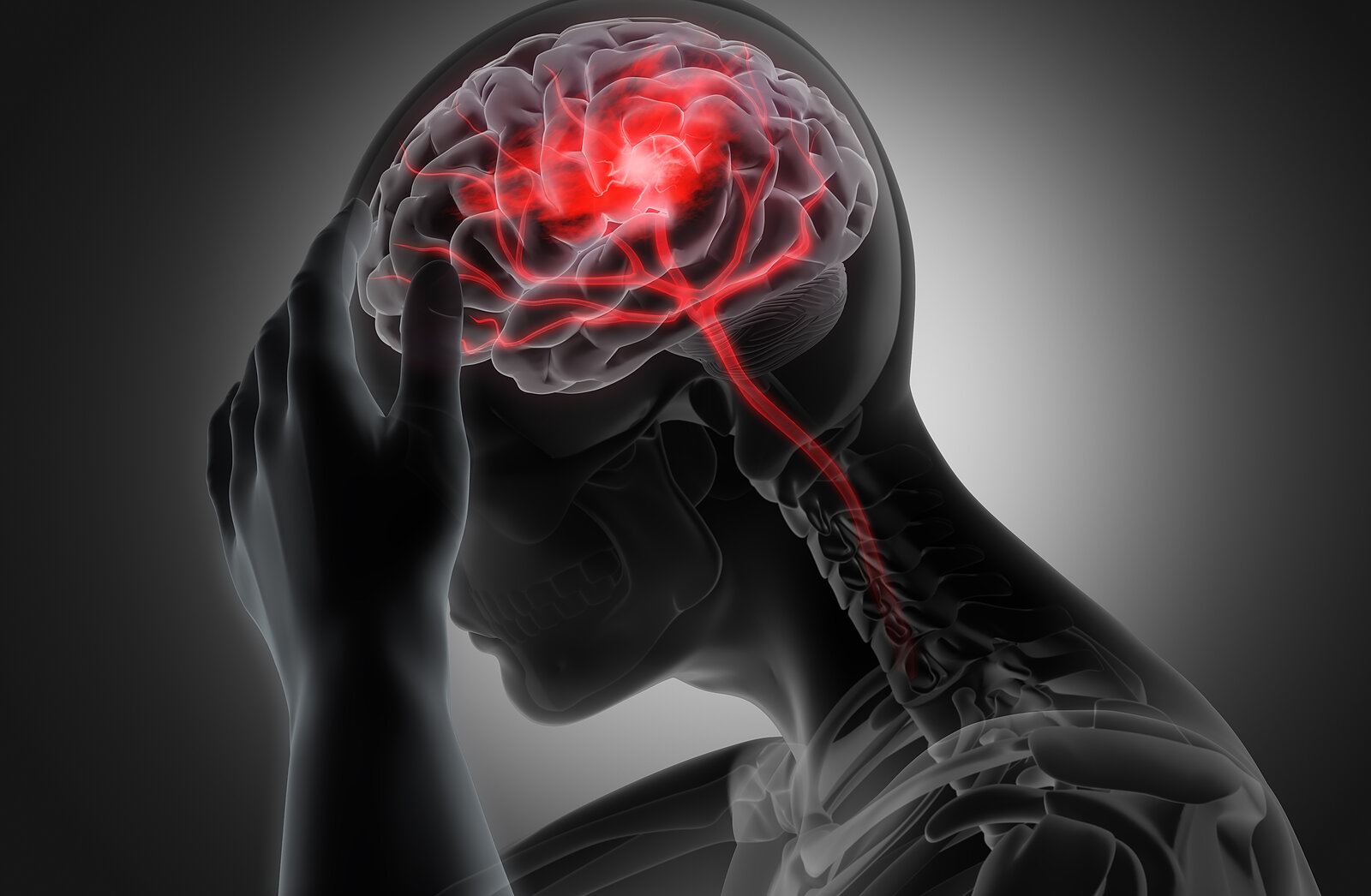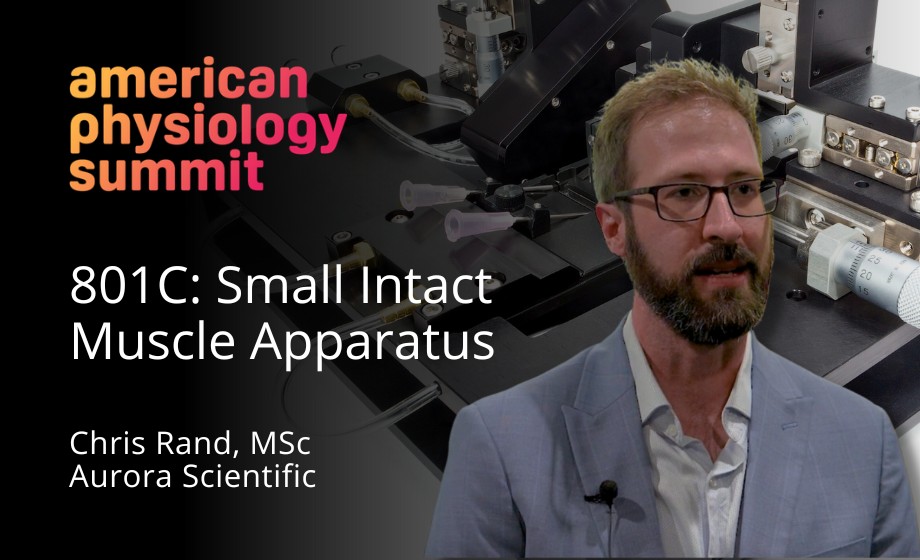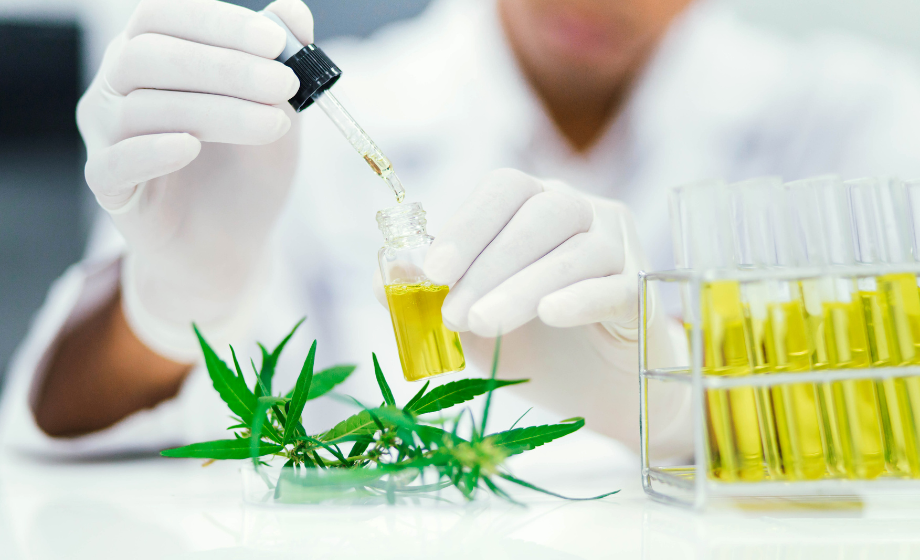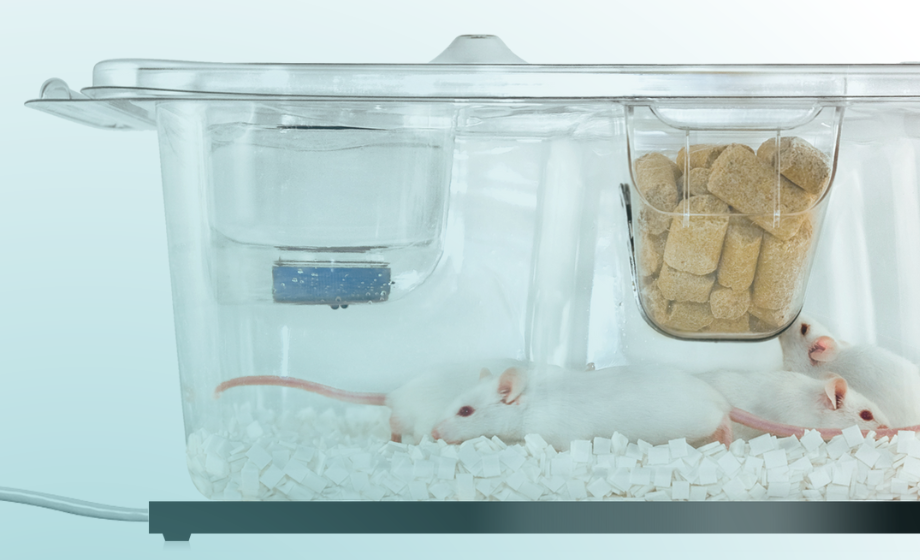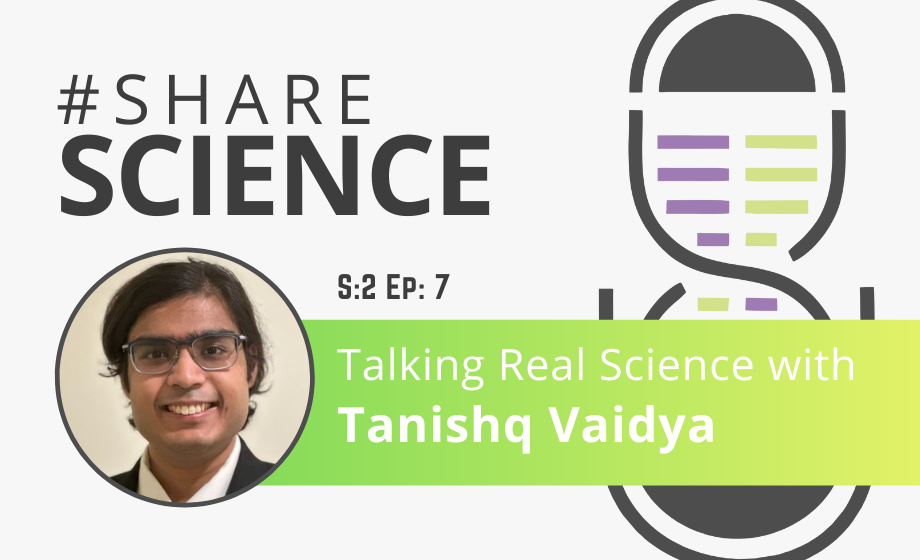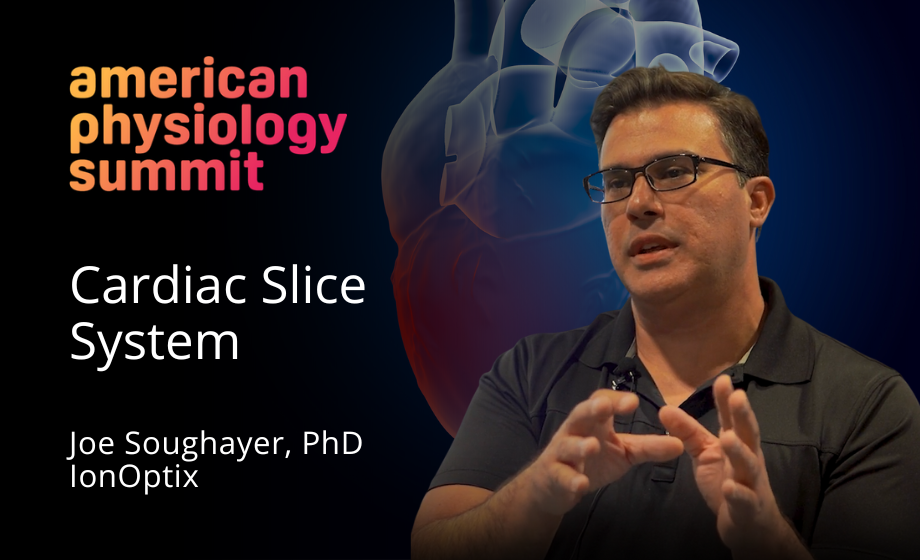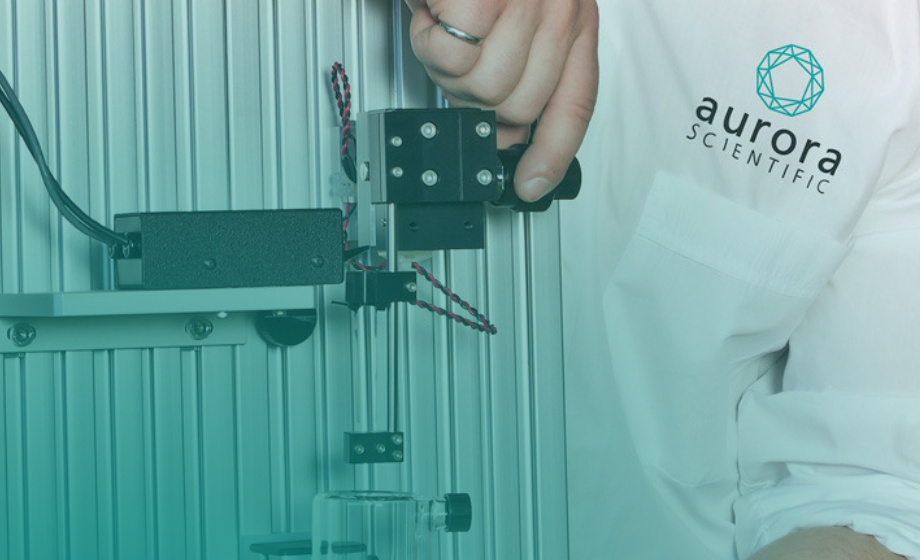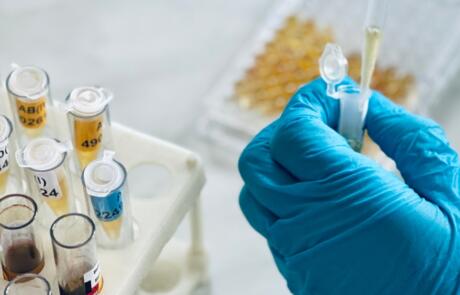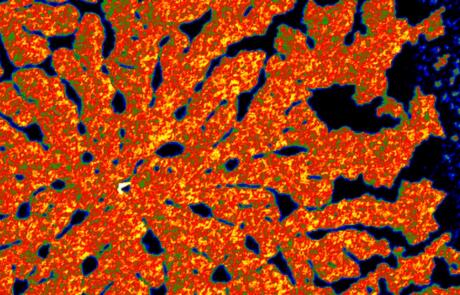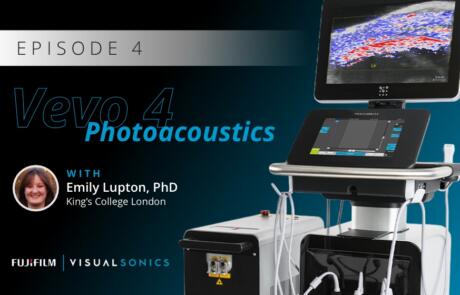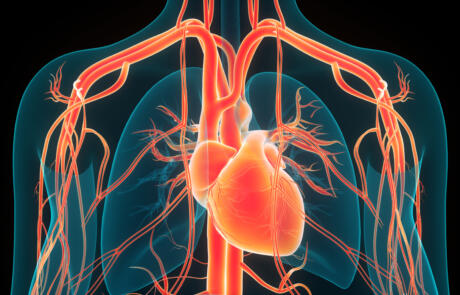Secret Health Benefits of Being a Bat
How exactly are the Myotis bat genus able to host COVID-19, Ebola, and other infectious diseases, all while living into their early 30s? We describe particular infectious disease adaptations, inflammation suppression, and the longevity observed within this taxa.
A No-Brainer: Organoids for Neuroscience Research
Explore brain organoids: 3D models advancing our understanding of brain development and disorders, and shaping future treatments.
Pressure-Volume (PV) Loops: Overview and Applications
PV loops are widely used among cardiovascular researchers as well as countless other disciplines, but there seems to be a lack of educational resources about them. Here we dive into what PV loops are, when they are used, as well as some case studies and limitations.
Unlocking Heart Health: Revolutionizing Diastolic Function through Integrative Muscle Physiology at Wayne State University
Dr. Charles Chung is an Associate Professor of Physiology at Wayne State University. Using integrated physiology, analyzing data from the molecular level to the whole muscle, his laboratory aims to provide new directions and identify novel treatments for a variety of cardiac disorders. Learn more about his research group by watching the interview or summarized blog below.
Out of This World Research at Brock University: Space Flight’s Impact on Female Mice Reproductive Health
NASA's SpaceX CRS-29 launched on November 9th, a commercial resupply services mission to the International Space Station (ISS) that was also carrying scientific experiments and technology demonstrations. Included amongst these was the Rodent Research-20 (RR-20) payload, the contents of which will be studied by Brock University's Dr. Val Fajardo and his team using Aurora Scientific equipment upon its return.
The Sweet Truth: Unwrapping the Science of Semaglutide
Semaglutide, also known as Ozempic and Wegovy, has become increasingly popular -- but why? Here we discuss the mechanism behind these drugs, how they've become so well known, and what current research says about their long-term effects.
Merging Minds and Machines: Recent Integrations of Brain-Computer Interfaces
Discover the future of human cognition with our overview of recent developments in brain-computer interface technology. Read this blog to find out how brain-computer interfaces function, ways they can be utilized, and how a few individuals have personally advanced this burgeoning neuroscientific field.
Taurine: An Unexpected Anti-Aging Ally
A recent publication from Singh et al. demonstrate how taurine, an amino acid used widely throughout the body, can improve age-related health outcomes in mice, roundworms, non-human primates, and also highlight how this effect appears to be evolutionarily conserved in humans.
Talking Real Science with Michelle Wong
This episode of Share Science features Michelle Wong, a recipient of one of the $5000 Scientist.com STEM Research NIL Scholarships. In this interview, we discuss her current research, her experience growing up nearly blind, and how an experimental technology helped her regain her vision.
Tick Tock: The Growing Risk of Lyme Disease and Efforts to Develop a Vaccine
In this blog we discuss Lyme disease, including reasons for increased prevalence, causes and symptoms, and vaccine developments.
What Does Exercise Do for the Brain?
While the overall benefits of exercise have been well documented, what exactly does exercise do for the brain? In this blog, we review two very recent publications that arrived at somewhat conflicting answers to this question.
Conference Content: American Physiology Summit 2023
Learn about several innovators that are catering to the diverse needs of researchers across all areas of physiology in these interviews from the inaugural American Physiology Summit.
Video Interview – IonOptix MultiCell Sytem
Joe Soughayer, Business Development Manager at IonOptix, discusses the MultiCell System, an advanced, fully-automated solution for identification and quantification of hundreds of myocytes per hour.
Talking Real Science with Oliver Wearing
This episode of Share Science features Oliver Wearing, PhD, as he shares his personal passions and academic journey from reptilian physiology to evaluating cardiovascular function after spinal cord injury.
SPARC Data and Resource Center Aims to Accelerate Research with Open Science
Sue Tappan, PhD, discusses the importance of open science and the SPARC Data and Resource Center, sharing their current initiatives and goals, as well as future directions for the program.
Chronological Age vs Biological Age: Can Aging be Reversed?
What can biological age tell us about our health? Is it a fixed number, or can it be reduced? A recent study from Poganik et al. investigates the fluctuations in biological age in response to physiological stress.
IonOptix: Revolutionizing Cardiovascular Research through Customer-Driven Innovation
In a recent interview with IonOptix Business Development Manager, Joe Soughayer, he talks about their innovative approach, commitment to supporting researchers, and goals of becoming the gold standard in cardiovascular research instruments.
Video Interview – ALZET Osmotic Pumps
Clarisa Peer discusses ALZET Osmotic Pumps, the gold standard for controlled, automatic dosing of compounds in various research areas, including neuroscience, cancer research, cardiovascular, endocrinology, pharmacology research, and more.
How High-Impact Sports Affect Brain Health: Chronic Traumatic Encephalopathy (CTE)
Chronic Traumatic Encephalopathy (CTE) is a condition that arises from repeated head traumas, and can only be diagnosed after death. Learn more about the history behind this condition, current research, and potential ways to prevent CTE in this blog post, written by one of the Scientist.com STEM NIL Scholarship Winners.
Video Interview – Aurora Scientific’s 801C: Small Intact Muscle Apparatus
Chris Rand discusses Aurora Scientific's 801C: Small Intact Muscle Apparatus. The device can be used for measuring muscle contractility and for other applications in fields like muscle physiology and cardiovascular science research.
CBD’s Potential as an Anti-Cancer Agent
Chemotherapy treatment is incredibly difficult on patient wellbeing, but an unlikely plant-derived substance may yet improve the adverse side effects. In this blog, we discuss the use of CBD as a treatment for side effects like organ damage and drug resistance in cancer patients receiving chemotherapy.
Discussing Industry Trends in Home Cage Monitoring with UiD
InsideScientific recently interviewed Jose Gadea, VP of Sales and Marketing from Unified Information Devices, where he explained the company's approach to innovation and highlighted their RFID-enabled, Mouse Matrix system.
Talking Real Science with Tanishq Vaidya
This episode of Share Science features Tanishq Vaidya, a recipient of one of the $5000 Scientist.com STEM Research NIL Scholarships. In this interview, we discuss some of his pre-med challenges, and where he hopes to take his career as a physician-researcher.
Video Interview – IonOptix Cardiac Slice System
Joe Soughayer, Business Development Manager at IonOptix, discusses the Cardiac Slice System, a complete data acquisition and analysis system for calcium, force, and mechanical work in cardiac slices that is enabling groundbreaking strides in physiological research.
How Aurora Scientific is Empowering the Research Community: An Interview with General Manager Matt Borkowski
InsideScientific recently interviewed Matt Borkowski, General Manager of Aurora Scientific, where he discussed his new role, the company's approach to innovation, and commitment to providing customer support through educational resources.
